I’m republishing this post from last May because some of my newer subscribers haven’t seen it and I believe it explains why Europe, especially the UK, is so implacably hostile towards Russia.
With senile Joe Biden and his incompetent and dangerous administration gone, President Trump is finally talking to the Russians about ending the catastrophic war in Ukraine. He knows Ukraine has lost and doesn’t like backing a loser. But he also knows that the US can gain more by cooperating with Russia than by fighting a losing proxy war against it.
But the European elites, led by the UK, are irrationally trying to keep the conflict going. Macron and Starmer’s last ditch attempts to persuade the US to stay involved will fail because Europe and the UK have nothing to offer but more of the same.
I’m more optimistic than I was last May about avoiding armageddon because the earth’s two biggest nuclear powers are once again talking to each other, although it will take time and concerted effort to repair their tattered relationship. But I’m not optimistic about Europe and the UK who are suffering from RDS - Russian Derangement Syndrome. If they refuse to make peace with their huge European neighbour, their future is bleak indeed.
(Published in the New Cold War: https://newcoldwar.org/the-origins-of-russophobia/)
Why didn’t western hostility to Russia end with the collapse of the Soviet Union? It wasn’t communism we hated, it was the Russians. But why? We fought on the same side in WWII and because of the huge sacrifice of the Russian people, Hitler was defeated. When the Cold War ended, many hoped that a new era of cooperation would begin. It didn’t. Even though Russia voluntarily dissolved the Warsaw Pact military alliance, the US added 16 member states to NATO from 1999 - 2024, after telling Gorbachev NATO wouldn’t move one inch east. President Putin even asked to join NATO but was rebuffed.
We know the rest. In 2014 the US deposed the democratically elected government in Kiev, installed a puppet regime, built 14 CIA bases along Russia’s border, flooded the country with weapons and built defensive fortifications in preparation for a conflict with Russia. It refused to honour the Minsk I and II agreements that would have guaranteed a neutral Ukraine and protection for the Russian speaking majority in the east who had been under attack by Kiev for eight years. Angela Merkel admitted that the Minsk agreements were a pretence to buy time for Ukraine’s arms build-up.
And because Russia saw NATO expansion up to its borders as an existential threat - just as the US would if Russia installed military bases in Mexico or Canada - and warned the alliance over and over that this was the brightest of red lines, when this line was crossed, Russia went into Ukraine on February 24th, 2022. In early March, Ukraine signalled it was ready to negotiate an end to the conflict and an agreement was signed in Turkey but was stopped by Boris Johnson on orders from the US. All of this was admitted to by Ukraine.
Now the world’s two biggest nuclear powers aren’t speaking and NATO is ramping up its involvement in a proxy war that is destroying Ukraine.
So why does the west hate Russia? It turns out there’s no good reason. Recently I learned about a book by historian John Howes Gleason, written in 1950 - “The Genesis of Russophobia in Great Britain.” The UK hated Russia before the US did. Gleason was trying to understand why and when this hatred began.
Russia and Britain were on the same side during the Napoleonic wars from 1812-15 but by the 1840s something had changed. Russia was a big country and Britain saw her as a threat to its hegemony and its desire to rule the world. It launched the Crimean War because it thought Russia was going to steal India from it - it wasn’t. The politicians and the financial and economic elites in the City of London and East India Company wanted to secure control of the East Indies and were assisted by the press that ran a virulent anti-Russian campaign. Gleason concludes that there was no single triggering event for the hatred. It was just the fact that Russia was big and offended British hegemonic aspirations.
And the US, the current hegemon, watched and learned from the best.
This is why China is vilified - it’s also a big country. A recent headline from The Telegraph reads: “China is an enemy of the UK. Why not admit it?” The UK media stenographers write what their corporate owners tell them to. Just as the media propaganda turned people against Russia, it’s turning people against China. A 2022 YouGov poll showed that 75% of people in the UK have a negative view of China and a quarter see China as an enemy.
China’s economy is easily outperforming the sclerotic economies of the West and is threatening US hegemony. Janet Yellen’s recent trip to Beijing to tell China to stop being so productive was an admission that the West can’t compete. That’s why the west hates China.
Nations can be brought to the brink of nuclear war for no good reason. Ordinary Russians, Americans, Chinese, and Scots have no reason to hate each other, but are convinced that they should by propaganda from government officials and media outlets who are owned by the same corporate entities.
I studied the Russian language in high school and fell in love with Russian literature and culture. My teacher, a close friend of my mother’s, came to America after WWII. I visited the USSR for the first time in 1975 with my parents and then pursued the study of Russian at university, at the University of Leningrad and in graduate school at Columbia.
After university, I was offered a job to spend a year in the USSR acting as an interpreter for a US State Department cultural exchange programme. But then the Russians went into Afghanistan (at the invitation of its socialist government - to combat the reactionary Mujihideen militias funded by the U.S. which would eventually become Al-Qaeda) and Jimmy Carter cancelled the programme.
That’s part of the problem. When nations stop talking to each other, things fall apart. We don’t just need governments speaking to each other, but need ordinary people to meet each other and connect as human beings to realise that they aren’t that different.
The only thing that can stop the slide to annihilation is if nations start talking to each other. China and Russia have repeatedly signalled their willingness to talk, but the US and UK haven’t. That needs to change.

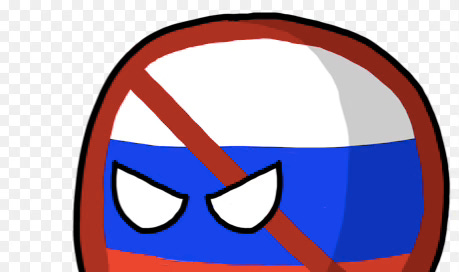



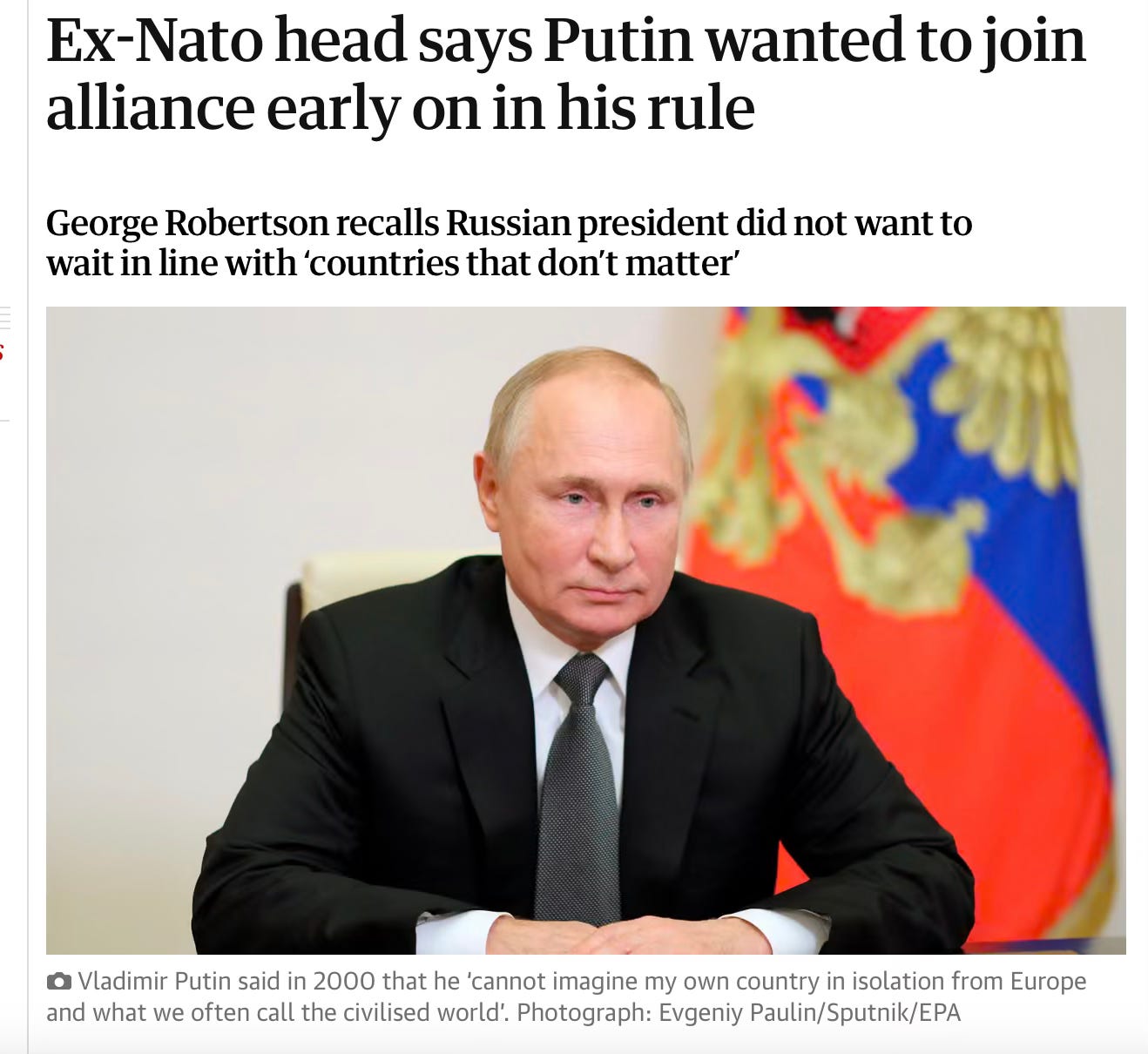
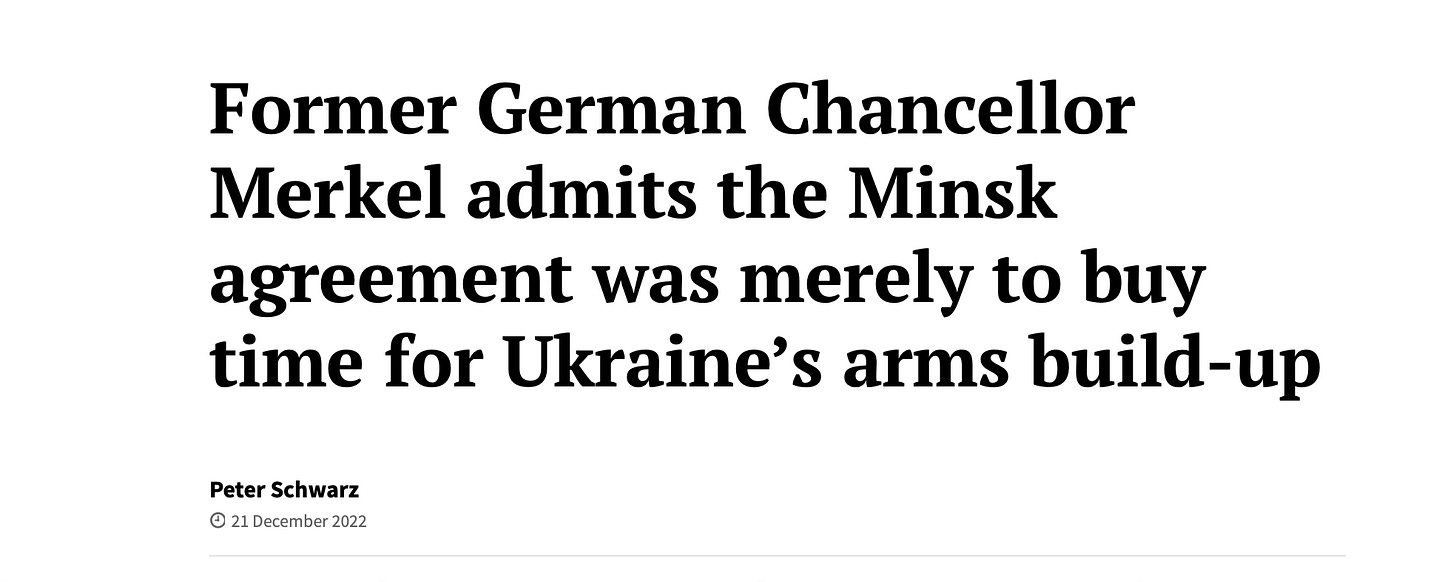
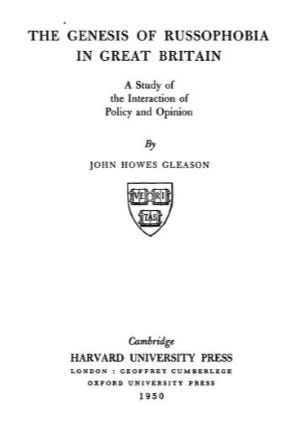
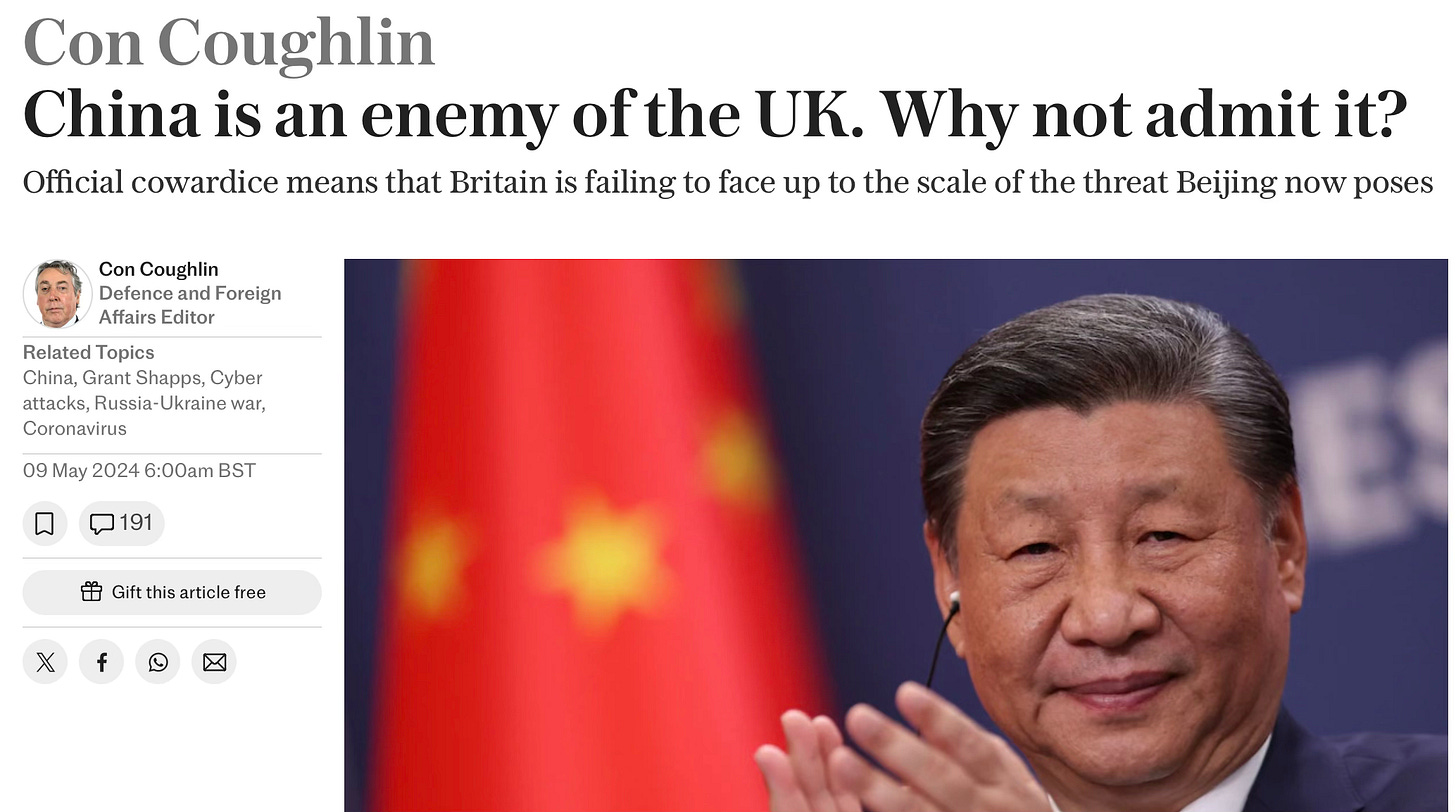
Agree with your reading of the development of this history. Always good to get the perspective of folk who have actual experience of going to Russia. There is so much stupid in the world today and the death of the international art of diplomacy and replacement with brute force and impunity is a seriously dangerous trend which risks everything.
Excellent Leah. So true. Very informative- and personal. 👏